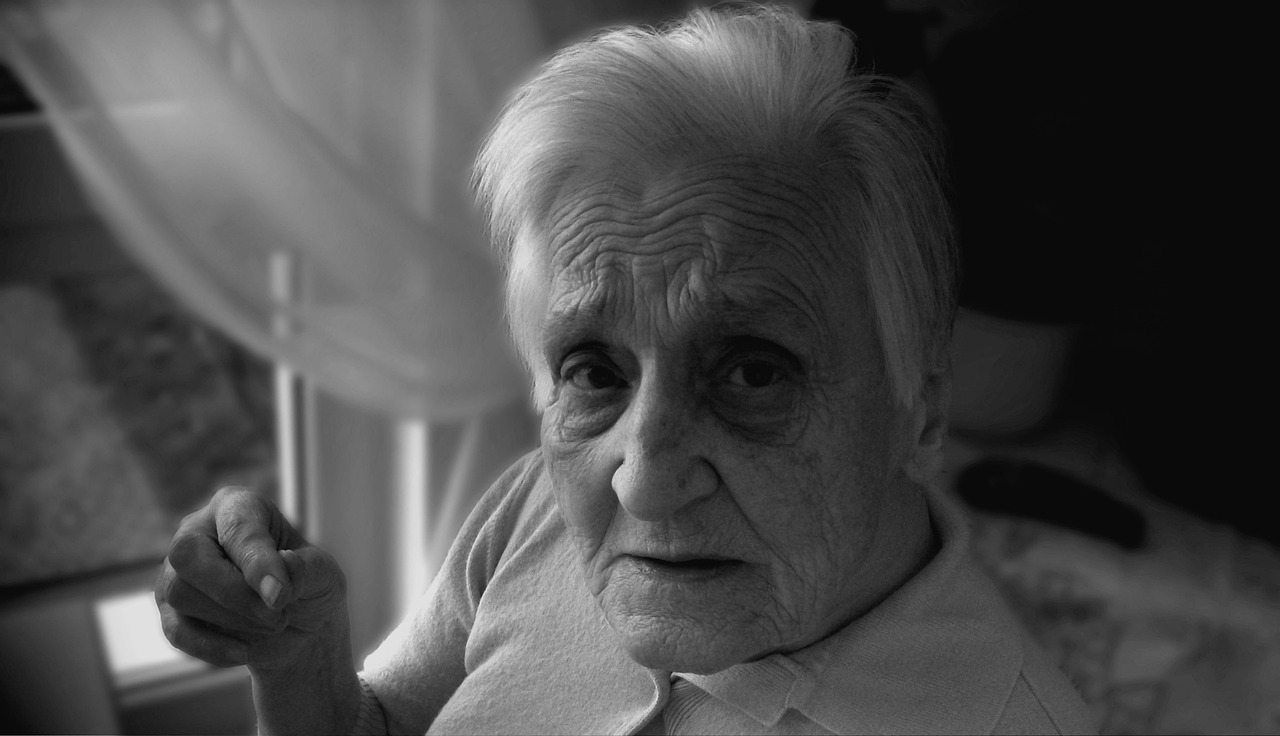Attachments
Note: Not all attachments are visible to the general public. Research URLs will go live after the embargo ends.

Research
JAMA, Web page
Please link to the article in online versions of your report (the URL will go live after the embargo ends).
Journal/
conference: JAMA Neurology
conference: JAMA Neurology
Research:Paper
Organisation/s:
Harvard Medical School, USA
Funder:
The Alzheimer’s Disease
Neuroimaging Initiative (ADNI) is funded by the
NIA, National Institute of Biomedical Imaging and
Bioengineering, and through contributions from the
following: Alzheimer’s Association, Alzheimer’s
Drug Discovery Foundation, Araclon Biotech,
BioClinica, Biogen Idec, Bristol Myers Squibb
Company, Eisai, Elan Pharmaceuticals, Eli Lilly and
Company, EuroImmun, F. Hoffmann-La Roche and
its affiliated company Genentech, Fujirebio, GE
Healthcare, IXICO, Janssen Alzheimer
Immunotherapy Research & Development,
Johnson & Johnson Pharmaceutical Research &
Development, Medpace, Merck & Co, Meso Scale
Diagnostics, NeuroRx Research, Neurotrack
Technologies, Novartis Pharmaceuticals, Pfizer,
Piramal Imaging, Servier, Synarc, and Takeda
Pharmaceutical Company. The Canadian Institutes
of Health Research provides funds to support ADNI
clinical sites in Canada. Private sector contributions
are facilitated by the Foundation for the NIH. The
grantee organization is the Northern California
Institute for Research and Education, and the study
is coordinated by the Alzheimer’s Disease
Cooperative Study at the University of California,
San Diego. ADNI data are disseminated by the
Laboratory for NeuroImaging at the University of
Southern California. The Harvard Aging Brain Study
(HABS) was funded by grant No. P01 AG036694
(Drs Sperling and Johnson) from the NIH NIA. The
Wisconsin Registry of Alzheimer Prevention
(WRAP) study is supported by grant No. AG027161
with additional funding for imaging from grant No.
AG021155 from the NIH NIA. Dr Coughlan is funded
by an NIH Pathway to Independence award (award
No. K99AG083063) and an Alzheimer’s
Association Research Fellowship (award No.
AARF-23-1151259). Dr Harrison is funded by an NIA
career development award (award No.
K01AG078443). Dr Buckley is funded by an NIH
Pathway to Independence award (award No.
R00-AG061238), an NIH New Innovator award
(award No. DP2-AG082342), and a grant from the
NIH (grant No. R01-AG079142). Dr Jack was funded
by grant No. R37 AG01378 from the NIH. MCSA
data was funded through grant No. U01 AG006786
from the NIH NIA and the Mayo Clinic Alzheimer’s
Disease Research Center (grant No. P30
AG067677) supported by the NIA and GHR
Foundation. Dr Binette was supported by a
postdoctoral fellowship from the Fonds de
recherche en Santé Québec (award No. 298314).
Dr Jacobs was supported by grants from the NIH
(grant No. R01AG062559, R01AG068062,
R01AG082006, and R21AG074220), Alzheimer
Nederland (award No.WE.03-2019-02) and the
Alzheimer’s Association (award No.
AARG-22-920434). Dr Yau was funded by the NIA
(grant No. 1K23AG084868). Dr Shirzadi was
funded by a grant from BrightFocus (grant No.
A2023001F).



 International
International


